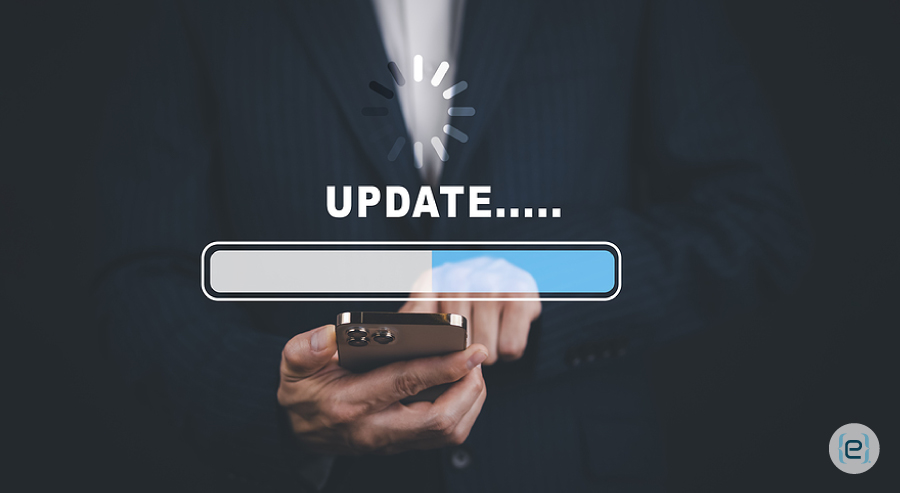The official start of summer is kicking off, along with the usual seasonal rites like baseball, barbecues, and vacations. Summer is traditionally a time for kicking back and relaxing, which is good for the soul — but unfortunately, it is also a time when people tend to relax their security awareness.
Bad actors use bots and other automated software to scour social media, emails, and other “leakage points,” letting them know when business owners and others are going on vacation; hence when they are likely to let their guard down.
They also know that many people neglect to check their bank accounts and other sensitive files because they are trying to get away from the daily grind. Or, even if someone becomes aware of a successful hack, they may delay addressing it because they a) do not want to deal with an unpleasant issue while on vacation, or b) may believe that they do not have the resources to deal with it while they are away.
Whatever the excuse, ignoring a security issue is the wrong approach. Delaying a response can lead to a variety of challenges, including ransomware attempts (threats to expose important or embarrassing information unless funds – typically cryptocurrency – are paid to the cybercriminal), identity theft, or theft of funds (draining or otherwise diverting bank accounts). While an initial security intrusion may be brief, the aftereffects may haunt the victim for a long time.
Fortunately, beefing up your personal and business defenses does not mean giving up that trip to the Shore, to Europe, or any other destination. Instead, the process of securing your data may be as simple as taking some commonsense steps.

The first is simply checking for any software updates before you leave. This is important because Windows and other updates often include critical security patches or upgrades. Updates may also include new or enhanced features and enhanced compatibility with different devices or applications, and they may also improve the stability of your software while removing outdated features.
Another action — remember, Cyber Security is a layered approach — is to review and refresh your email and other passwords. Are you using the same password for multiple accounts? That is an open invitation for cyber-safecrackers. If they figure out one password (say for your email), they’ve now got the digital keys to your bank and other accounts. So take a few minutes to exercise your brain and develop unique passwords for each account. If it is too much trouble to remember them all, consider using a reputable “password manager,” or a software application that is designed to store and manage online credentials and generate passwords that are typically stored in an encrypted database, which is locked behind a master password.
There are a few more relatively painless steps to consider. One is to subscribe to an identity monitoring service while you’re on vacation. This way, even if you let your guard down, the service will automatically scan for unusual activity that involves your credentials — and good service will take steps to nullify the bad activity in addition to alerting you. Also, you may wish to temporarily “freeze” your bank account, so funds cannot be withdrawn. But be aware that this may also put a hold on any checks or auto-pays to legitimate vendors, utilities, or other parties.

If you don’t already run a security scan regularly, consider doing so (or having your professional provider do so) before you leave on vacation. Just as you would see a doctor before traveling to another country — for a health checkup and to ensure you’re up to date on immunizations — you want to be sure your cyber-defenses are up to date before you leave as well.
Finally, think about that lightweight communications tool — an iPhone, Android, or other mobile device — that you carry wherever you go. It may not be as convenient or as powerful as a laptop for surfing the Web and checking your accounts, but it can still do a pretty good job while you’re traveling or relaxing. Bad actors never give up, so you should never let your guard down. If you do, you may be receiving an unpleasant “gift” that keeps on giving.






